Fieldwork

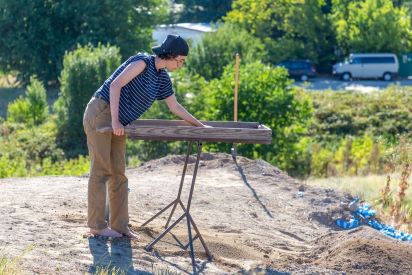
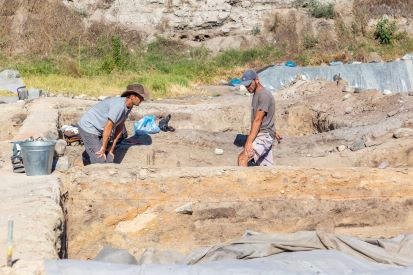
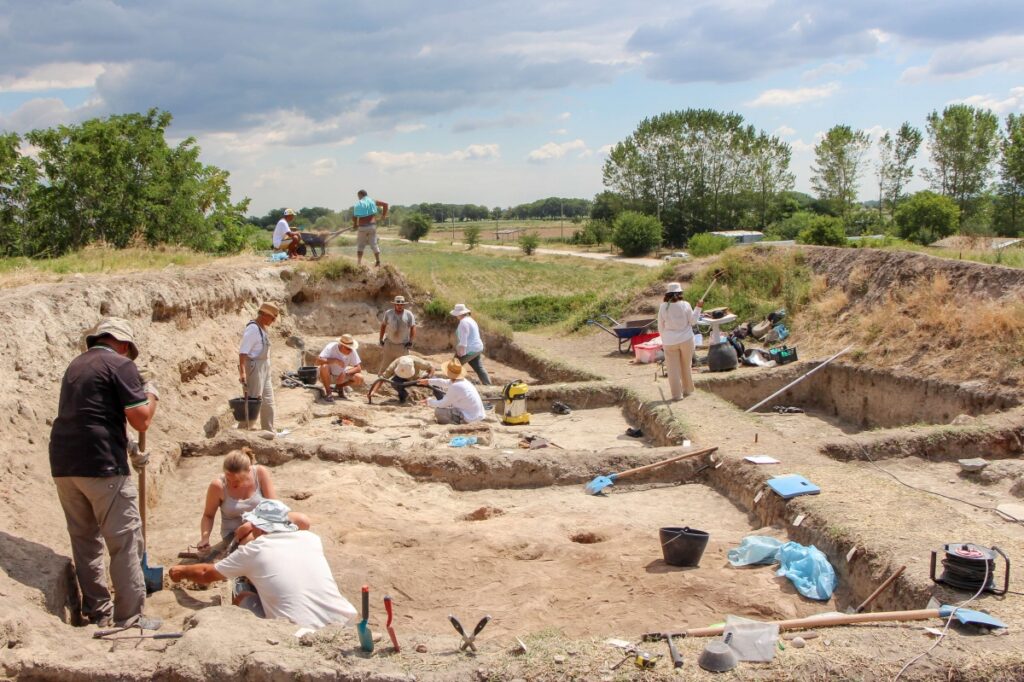
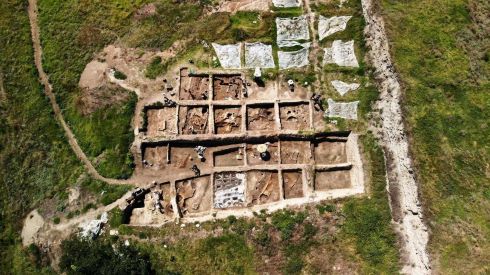
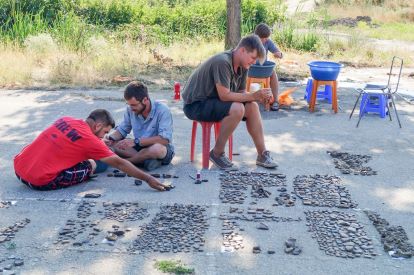
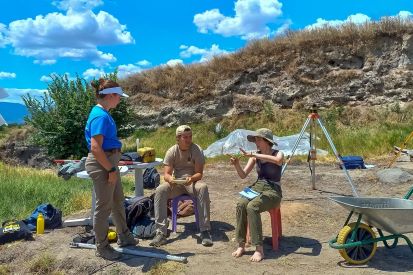
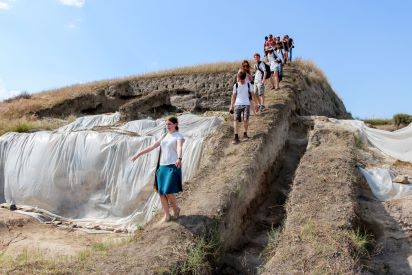
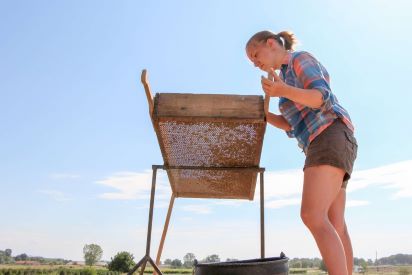
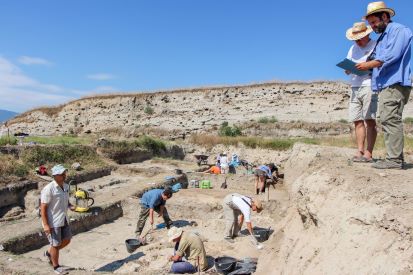

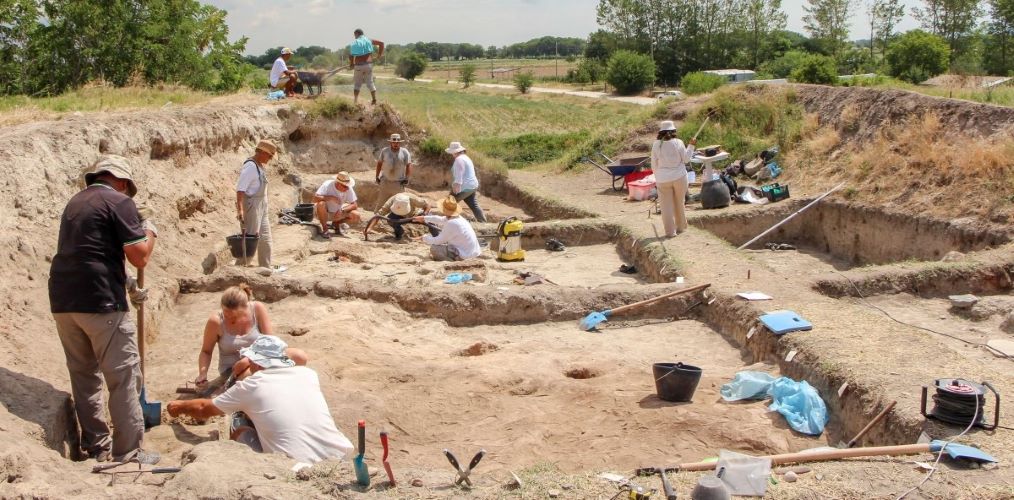
Location: 66M7+5G Boshulya, Bulgaria
Season: July 12, 2025 to August 9, 2025
Application Deadline: July 11, 2025
Deadline Type: Rolling
Website: https://www.fieldsciences.org/program/2025-bulgaria-yunatsite/
Discount for AIA members: None
Program Type:
Field School
RPA Certified:
No
Affiliation:
Center for Field Sciences, Balkan Heritage Foundation and National Archaeological Institute with Museum, Bulgarian Academy of Sciences
Project Director:
Prof. Kamen Boyadzhiev, National Archaeological Institute with Museum, Bulgarian Academy of Sciences
Project Description:
During the 7th-6th millennia BCE, farming and animal husbandry spread from Anatolia and the Near East through the Balkan Peninsula and to Europe. These were not new technologies adopted by local populations but newcomers who brought a completely new way of life and subsistence, initially co-existing and then taking over local populations. By the 6th millennium BCE, the local economy, social organization, trade, and cultural contacts evolved, to reach its peak in the 5th millennium BCE. Even newer technologies came to bear, when locals begin processing – and using – metals such as copper and gold.
Recent excavations at Tell Yunatsite indicate that the Chalcolithic/Final Neolithic period settlement at the site covered an area far larger than the tell itself. The site had an uptown (acropolis?) sector and a downtown district. The uptown sector was surrounded by a five meter wide clay wall and a broad and deep ditch. Buildings in this part were placed close to each other, creating an almost unbroken urban fabric that is easy to close and defend.
Despite their defensive resource investment, the Chalcolithic/Final Neolithic settlement at Yunatsite experienced a violent event at ca. 4,200-4,100 BCE. Evidence suggests deliberate destruction by outsiders. Skeletons of children, elderly men, and women were found scattered on floors, suggesting a massive massacre. Those who survived returned and resettled at the tell, but soon even they left. At that point, Tell Yunatsite and the area around it were abandoned for more than 1,000 years. During this time, a sterile layer accumulated over the last Chalcolithic/Final Neolithic layer.
The archaeological field school takes place at the Tell Yunatsite lowest excavated layer, which corresponds to the time of Europe’s first prehistoric civilization in the 5th millennium BCE.
Period(s) of Occupation: Neolithic
Notes:
Tuition cost is $4,560; Program awards 8 semester credit units (equivalent to 12 quarter credits units) through our school of record – Culver-Stockton College
Project Size: 1-24 participants
Minimum Length of Stay for Volunteers: Full session
Minimum Age: 18 years old
Experience Required: No prior experience is required. This is hands-on, experiential learning and students will study on-site how to conduct archaeological research. Field work involves physical work and exposure to the elements and thus requires a measure of understanding that this will not be the typical university learning environment. You will have to work outdoors and will get sweaty and tired. Students are required to come equipped with sufficient excitement and an adequate understanding that fieldwork requires real, hard work, in the sun and wind. The work requires patience, discipline, and attention to detail.
Room and Board Arrangements:
Students will stay at the Hotel Primavera*, in comfortable rooms with two to three beds (bathrooms with shower and WC, TV, A/C and free Wi-Fi). The hotel is in the central pedestrian and shopping area of Pazardzhik, close to the many services the town can offer (shops, pharmacies, banks, markets, taverns, restaurants, bars, bars, hospitals, cafes, post offices, tourist attractions, parks etc.). Participants are not expected to bring any additional equipment, bed linens or towels.
Three meals – organic Bulgarian homemade food – will be served. During workdays, meals usually take place at the site. During the weekend, meals will take place at the hotel’s restaurant (except the brown-bag lunches during the excursions). This field school can accommodate vegetarians, vegans, and individuals with lactose intolerance. Kosher and gluten-free diets are impossible to accommodate in this location.
Academic Credit:
Program awards 8 semester credit units (equivalent to 12 quarter credits units) through our school of record – Culver-Stockton College
Dorian Chee
5335 W Adams Blvd #106
Los Angeles
California
90016
U.S.
Phone: 562 584-0716
The AIA is North America's largest and oldest nonprofit organization dedicated to archaeology. The Institute advances awareness, education, fieldwork, preservation, publication, and research of archaeological sites and cultural heritage throughout the world. Your contribution makes a difference.